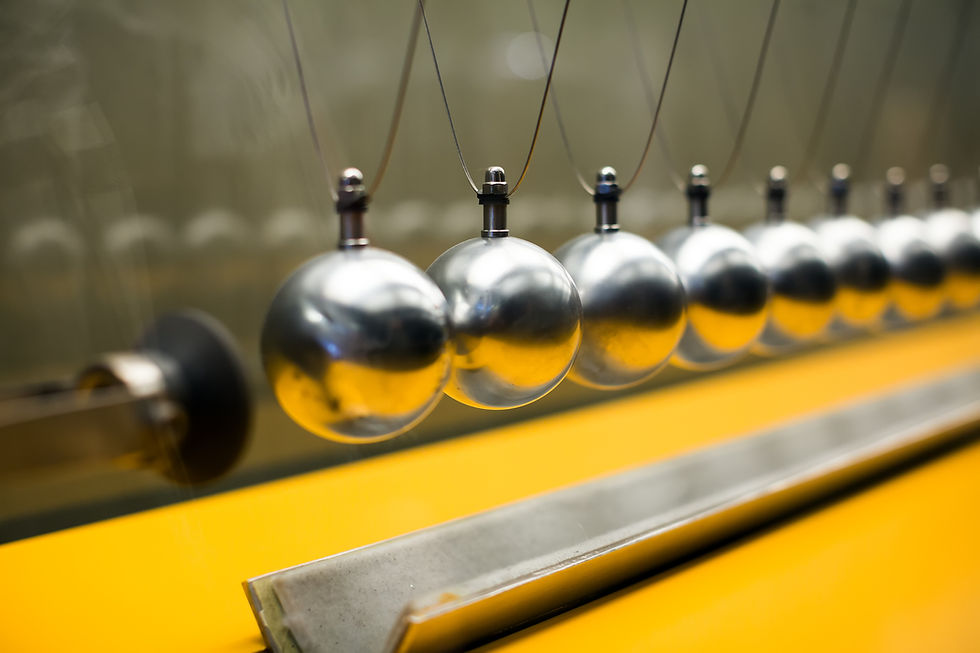World Without Science...
- Saina Kakkar
- Apr 6, 2021
- 3 min read

Saturday, February 15th, 2014, 10 minutes before 3 PM, many people romp about at Praça Luís de Camões, Lisboa. There is a group of people playing rhythmic music, music that normally accompanies Capoeira. The vibe of the music is like a heart beating on high adrenaline, activating the sympathetic nervous system of all the people aware of what will happen within just a few minutes. The clock strikes 3. Two Ph.D. students standing right next to the Camões statue, facing down to Chiado are unrolling a paper sign: “SEM a CIÊNCIA o MUNDO PÁRA”, without science the world stops. The capoeira musicians stop playing their rhythmical music, two girls holding balloons release them into the air, a couple jamming with their guitars stop, more than 50 people abruptly freeze in whatever movement or behavior they were just engaged in, and there are the dogs, which stop barking, rubbernecking to figure out what just happened. For three minutes people, scientists or non-scientist, work colleagues, friends, or total strangers gathered to give science a face, to demonstrate that without science, the world would stop.
This was one of the experiments that was performed by scientists to show that science plays a very important role in our lives. It is important because it influences most aspects of life like food, transportation, etc. Science is very useful as man depends on technology to live their lives. Science helps us understand our world. Science is also responsible for the advances in modern medicine. Diseases like coronavirus that once killed millions are now having vaccines which are easily dispatched, a special thanks to developments in medicines.
Without science, there would be no human growth, no technological advances, no knowledge generation and the world stagnates. Science is knowledge and without an investment in science the world as we know it would not be possible. Science has been there since the beginning of the human species, early humans discovered fire, water, food which requires many experiments. I agree that they would have done easier experiments than we do nowadays, but those small experiments helped us to explore the next step. Mankind previously discovered agriculture, and as a result, we are able to experiment more about how to get more yields. As the experiment has confirmed, without science we would not have reached the modern civilization at this stage where we are today. Imagine a life without science. We wouldn't have the laptops from which you are reading this article, there would be no cars, or other vehicles without science. Due to the contribution of science, human beings nowadays live longer too, because of new inventions of medicine and treatment. Life can be very hard without science. In the future, scientists are guessing that we will be able to diagnose and treat diseases, design a perfect baby, freeze biological samples without damaging them, protect food and water in a better way, be comfortable with high tech agriculture, store energy for future use, and communicate in a much better way. The way we communicate has changed dramatically over the past 20 years. Imagine what can be done in many years to come. Get ready, science is on its way to take you with it on a rollercoaster!
Source:
Lackner, Simone. “Without Science the World Stops.” AR Magazine, 26 May 2017, magazine.ar.fchampalimaud.org/without-science-the-world-stops/#:~:text=Without%20 science%20there%20is%20no,science%20the%20world%20would%20stop.



Comments